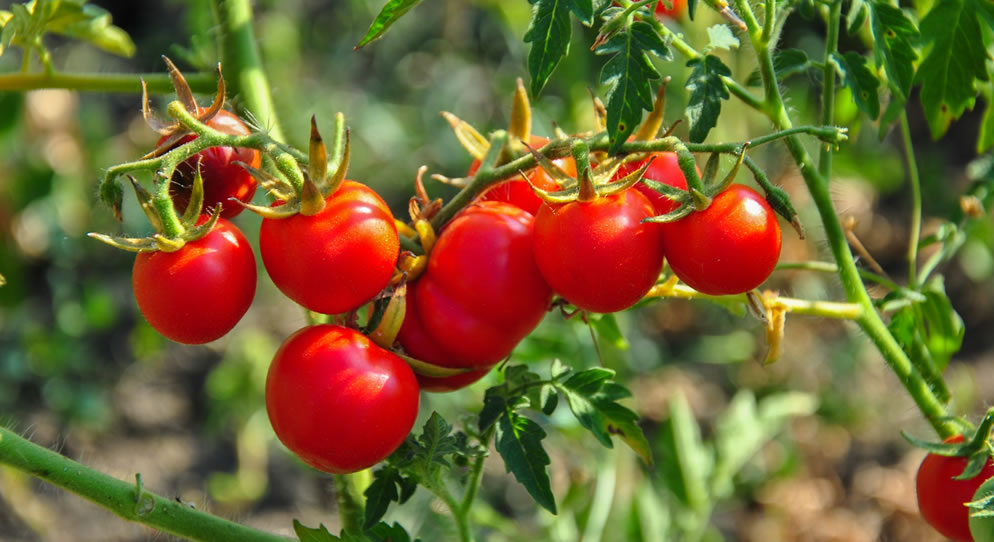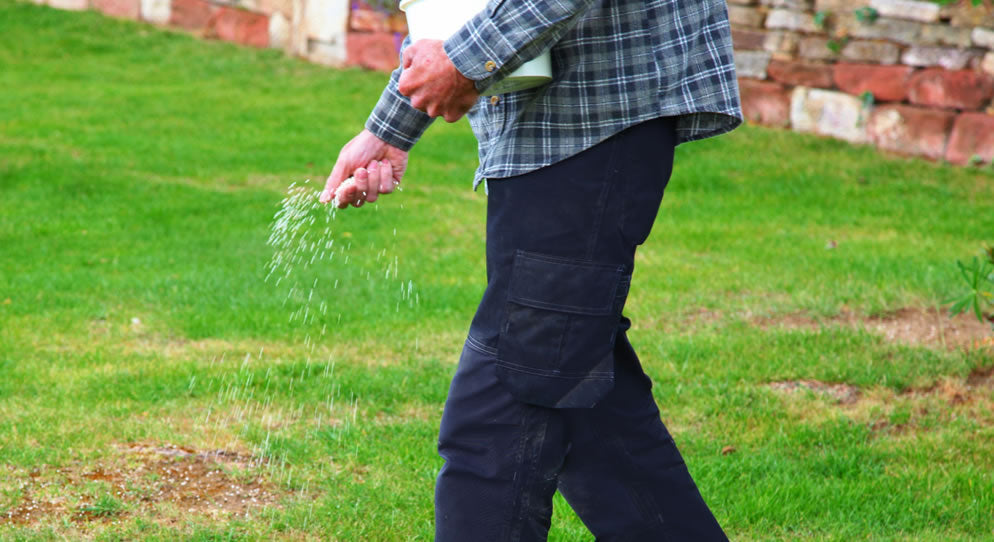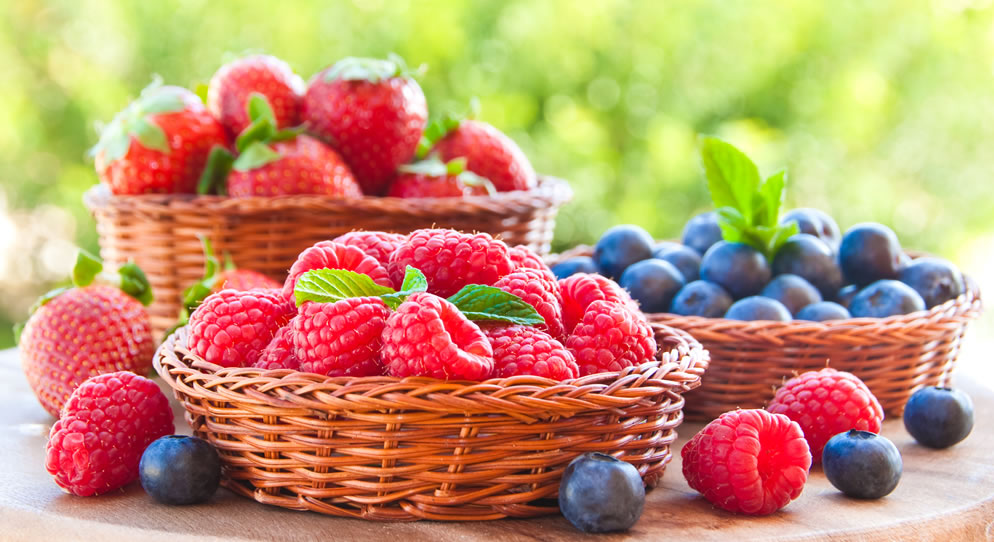Summer is an ideal time for gardening, especially if you plan carefully and adapt to the unique challenges the season presents – as we all know, the UK weather is far from predictable! With long daylight hours and warm temperatures (hopefully!), many plants thrive during summer, but success depends on smart plant selection, effective watering, and proactive care.
Here are Hope Valley’s top tips to make sure your summer plants are beautiful and thriving all season long:
Choose Heat-Tolerant Plants
One of the most important decisions in summer gardening is choosing plants that can handle the heat.
Warm-season vegetables perform well in summer's hot soil, such as:
- Tomatoes
- Peppers
- Cucumbers
- Aubergines
- Squash
- Okra
- Beans
For leafy greens, try heat-tolerant varieties like Malabar spinach, New Zealand spinach, or amaranth. These provide nutritious, leafy harvests even when temperatures soar.
If you're planting flowers, opt for those that enjoy full sun and resist wilting:
- Zinnias
- Marigolds
- Sunflowers
- Cosmos
- Lantana
There are all excellent choices for summer blooms.
Many of these also attract beneficial pollinators, which can help boost your vegetable garden’s productivity.
Herbs also love the sun and are easy to grow in containers or garden beds, such as:
- Basil
- Thyme
- Oregano
- Rosemary
Prepare the Soil and Mulch
Good soil preparation is vital for summer planting.
Enrich your garden beds with compost or well-rotted manure to increase nutrient availability and improve soil structure. Because summer heat increases evaporation, applying mulch around your plants is especially important. Organic mulches such as straw, shredded bark, or leaves help conserve moisture, suppress weeds, and maintain cooler root temperatures.
Water Wisely
Watering is one of the most critical aspects of summer gardening. The key is to water deeply and infrequently. This encourages roots to grow deeper into the soil, making plants more resilient to drought.
Early morning is the best time to water as this reduces evaporation and gives leaves time to dry, which can help prevent disease. Avoid watering in the evening if possible, as wet foliage overnight can encourage fungal issues.
Protect Plants from Extreme Heat
Even heat-loving plants can suffer in extreme temperatures. Use shade cloth, row covers, or plant taller crops nearby to provide some afternoon shade for more delicate plants. Containers may need extra attention, as they dry out more quickly than in-ground beds. Keep an eye on container plants and water them more frequently.
Manage Pests and Diseases
Warm weather can lead to an increase in pests and fungal diseases. Check your plants regularly for signs of trouble, such as holes in leaves, discoloration, or sticky residue. Encourage beneficial insects like ladybirds and lacewings, which naturally control pests.
Harvest Often
Frequent harvesting encourages more production, especially with crops like beans, courgettes, and cucumbers. Picking produce regularly also prevents overripening and reduces the risk of attracting pests.
Final Tips
- Stay consistent with garden maintenance throughout the summer.
- Weed regularly, deadhead flowers to encourage more blooms, and keep an eye on plant health.
- With the right care, summer gardens can offer a rewarding and abundant harvest.
Whether you're growing vegetables, herbs, or flowers, adapting your strategies to the season will help your garden thrive all summer long.




Leave a comment
This site is protected by hCaptcha and the hCaptcha Privacy Policy and Terms of Service apply.